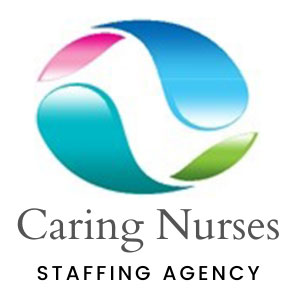Transitioning into a leadership role as a nurse is both a significant opportunity and a considerable challenge. It requires a shift in mindset, the development of new skills, and a commitment to continuous personal and professional development. Let’s break these down a bit more:
Embrace a Leadership Mindset
The first step is to cultivate a leadership mindset. This means seeing beyond the immediate clinical tasks to the bigger picture of healthcare delivery. They think strategically about how to improve processes, enhance team performance, and deliver superior patient care. Leading by example means a commitment to your own growth as a nurse and leader, resilience in the face of challenges, and a willingness to take responsibility for not just the successes of your team but also the setbacks.
Developing Key Leadership Skills
Effective Communication
Clear and effective communication is the cornerstone of successful leadership. As a nurse leader, you’ll need to articulate visions, goals, and expectations clearly and motivate your team towards achieving them. This includes honing your listening skills, as understanding your team’s perspectives and concerns is vital for fostering a collaborative and inclusive work environment.
Decision-Making and Problem-Solving
Leadership involves making tough decisions—sometimes with limited information. Developing critical thinking and problem-solving skills can prepare you for this aspect of the role. It’s about analyzing situations, considering the implications of different courses of action, and making informed decisions that align with your team’s goals and the organization’s values.
Emotional Intelligence
A high degree of emotional intelligence is essential for nurse leaders. The ability to manage your emotions and recognize and influence the emotions of others can significantly impact your leadership effectiveness. Emotional intelligence enhances team dynamics, improves conflict resolution, and builds a positive workplace culture.
Effective communication, decision-making and problem-solving, and emotional intelligence are key leadership skills for nurses transitioning into leadership roles. These competencies enable clear articulation of goals, informed decision-making, conflict resolution, and fostering positive team dynamics, essential for successful leadership in healthcare.
But these are just the first steps…our next blog will discuss the importance of mentorship and networking.

